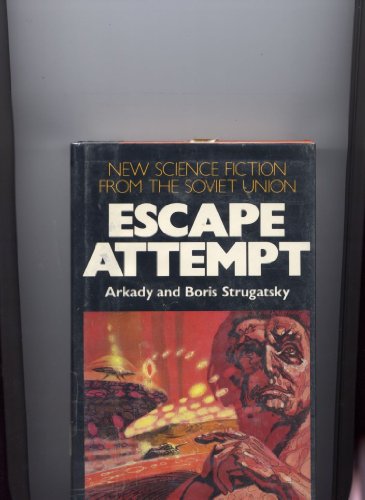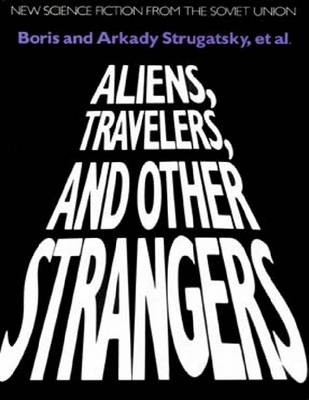MacMillan's Best of Soviet Science Fiction
2 total works
Three masterful alien-contact novellas. Three space-travelers happen upon a world where a bizarre,intruding alien transport system has distorted the local civilization into a brutal,horrifying feudalism: Nazi-style overlords; peasants; and "criminals" who are condemned for "wanting strange things,"then consigned to extermination camps. "The Kid from Hell" follows the rehabilitation of vicious child soldier Gack(born and raised on a planet where mindless warfare is endemic) after he's brought to an Earth of peace and comfort. And "Space Mowgli" is an absolute triumph: a team of scientists, rendering a near-lifeless planet fit to accommodate homeless humanoids, discovers a crashed spaceship and an eerie, elusive child survivor; weird, provocative encounters ensue, as the scientists puzzle over the Kid (is he an alien? a construct? a modified human?); and the Kid-who has a human conscious mind but an alien subconscious-struggles to reconcile this divided psyche and comprehend his human/alien mentors.
Aliens, Travelers, and Other Strangers
by Arkady Strugatsky, Boris Strugatsky, and Et Al
Published 1 October 1984
Thirteen tales from the USSR, ranging from the scintillating to the ordinary - but all offer a stimulating Russian perspective and a delightfully unjaded sense of wonder. The estimable Strugatsky brothers stand forth with a brilliant, gripping tale of spider-like alien machines visiting Earth. Kirill Bulychev's human-aliens escape their planet's appalling winters by time-traveling into next spring. Dmitri Bilenkin's exploration team is threatened by a huge, migratory plant-creature. And there are rewarding pieces from lesser-known names too: a couple of smart operators try to acquire priceless van Gogh paintings by time travel and trickery (Sever Gansovsky); a TV crew waits stolidly on the moon Iapetus for the heroic crew of an interstellar mission to return (Vladimir Mikhailov); and, in an experiment in rejuvenation, the rejuvenees give up their human memories and emotions for machine-like scientific precision of thought (Ilya Varshavsky).

